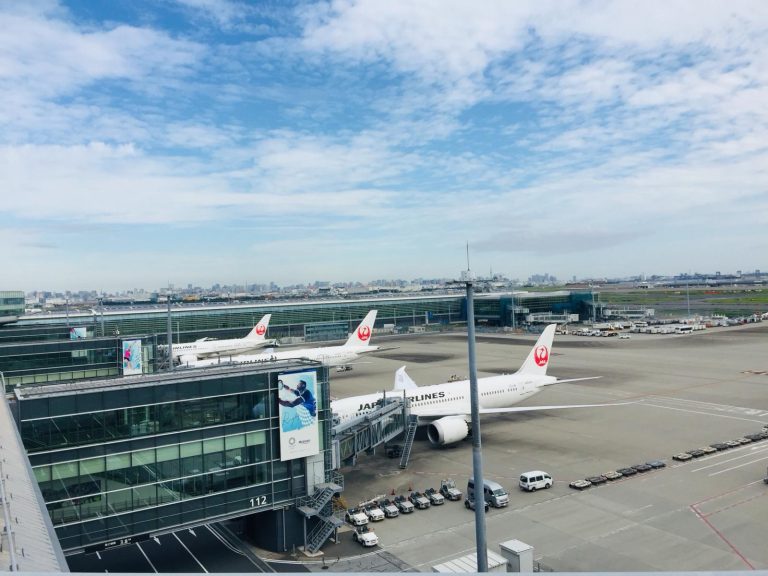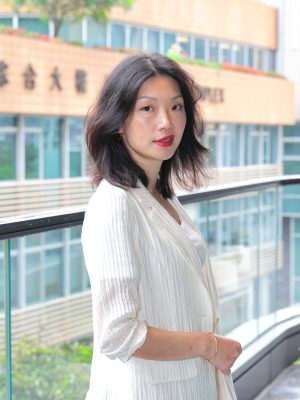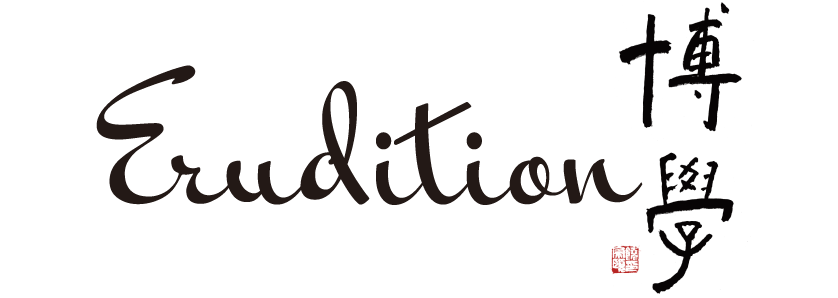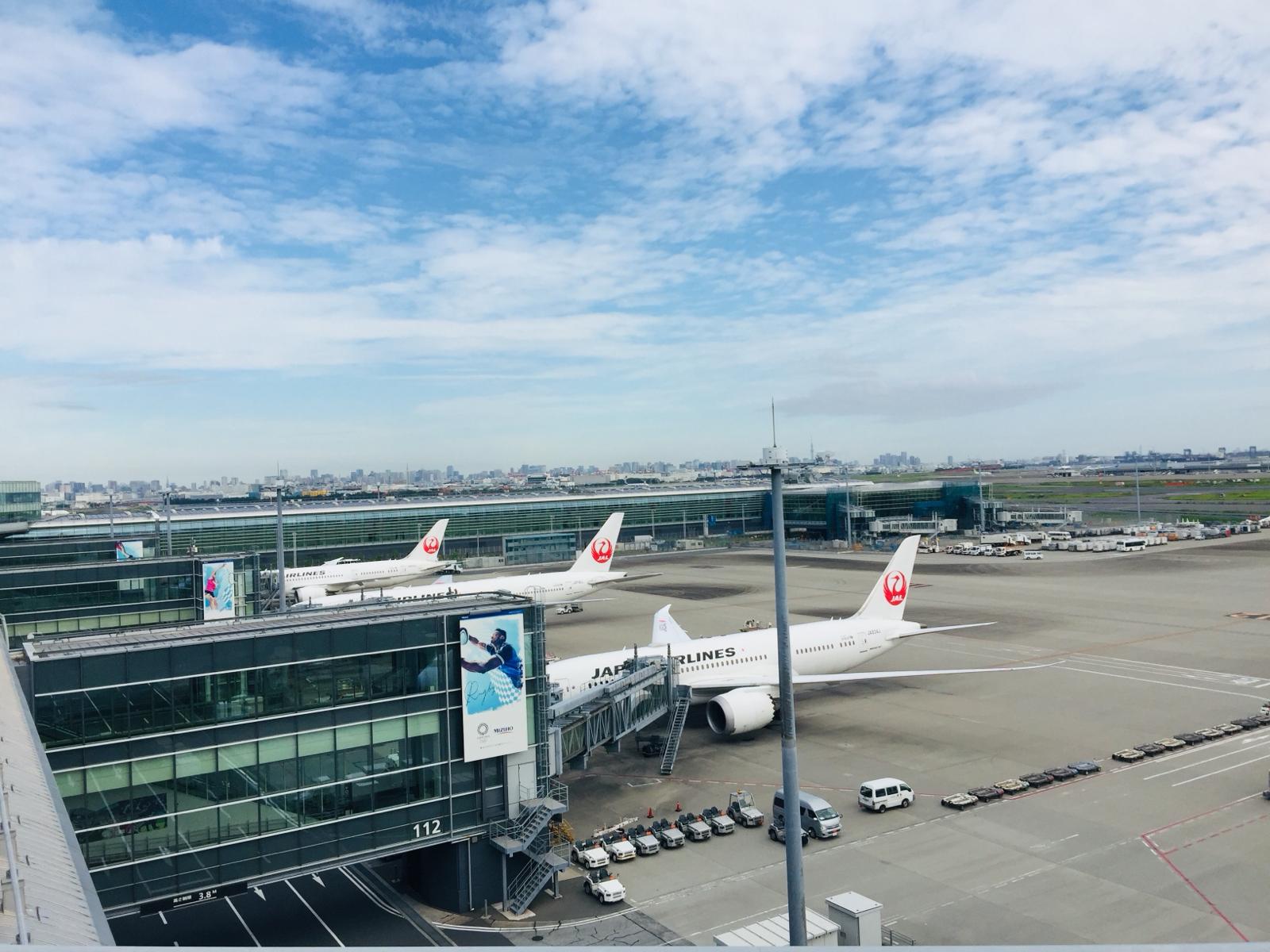
The topic of migration has garnered significant attention and raised concerns in Hong Kong in recent years. The social impact of migration on migrants and their families is being extensively researched in the field of migration studies. Dr Lucille Ngan, Associate Head and Associate Professor at the Department of Social Science at HSUHK, is a specialist in transnational migration. Her recent three papers* focus on various aspects of transnational Hong Kong families’ migration journeys.
In her newest paper, “Negotiating Work-Family Transitions: Reverse Family Migration among Second-Generation Hong Kong Mothers”, Dr Ngan explores the work-family transitions of previously employed, overseas-educated mothers who have re-migrated from Hong Kong to their former countries of settlement — Canada, Australia, the United States, or the United Kingdom.
Despite their transnational backgrounds that set them apart from most first-generation immigrant mothers, they too experience compromised careers and domestication upon reverse migration. Yet, these second-generation returnee mothers accept, and in some cases embrace, such compromises.
Dr Ngan discusses how the process of family migration often restricts skilled Chinese women’s ability to have the totality of a meaningful family life, personal satisfaction, professional success, and financial independence. Such process often leads to downward career paths and an increase in domestic responsibilities for these mothers. She argues that, in addition to economic considerations, various interconnected factors such as gender dynamics, cultural influences, transnational connections, and family lifestyles significantly influence how second-generation returnee mothers navigate the transitions between work and family life.
The stories of these returnee mothers shed light on a conflicting sense of the sacrificial self that is often associated with new Chinese immigrant women, and a sense of personal fulfilment as wives and mothers who were achieving their aspirations for a better quality of family life.
Currently Dr Ngan is working on a Research Grants Committee-funded Faculty Development Scheme research project that explores transnational ageing, and family processes among older parents from Hong Kong. She explains that older people can face specific conditions — such as retirement, reduced income, age-related health conditions, reduced physical mobility, need
for daily living assistance — not commonly shared by those in other age groups. Research and policies related to ageing tend to explore and support “ageing in place” in local communities. However, for older Hong Kong parents who find themselves in continuous migration movement, or who are part of families separated by national borders, the processes of ageing intersect with dynamic familial, social, cultural and economic forces that impact their everyday transnational lives.
Dr Ngan points out that migration involves uprooting and resettlement which can have implications not only on oneself, but also on family relationships and friendships. It is not a simple process. Therefore, for students with plans to emigrate, she advises that it is crucial for them to carefully assess their own circumstances, aspirations, and priorities before making any decisions. Additionally, they should thoroughly understand the job market, educational opportunities, cultural norms, and legal requirements of the destination country.
* The three papers are:
Ngan, L L (2024). Negotiating Work-Family Transitions: Reverse Family Migration among Second-Generation Hong Kong Mothers. Critical Asian Studies, 1-20.
https://doi.org/10.1080/14672715.2024.2329983.
Ngan, L L, & Chan, A K (2024). The Quest for Lifestyle: Reverse Family Migration among Hong Kong Returnee Parents. International Migration Review, 58(1), 94-116.
https://doi.org/10.1177/01979183221149024
Ngan, L L, Chan, A K, Chan, R H, & Siu, Q K (2023). The impact of a transnational background on family migration considerations amid political uncertainty: Second-generation returnees in Hong Kong. China Review, 23(3), 217-243.
https://muse.jhu.edu/pub/250/article/905454




